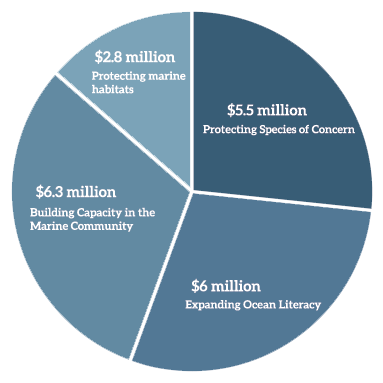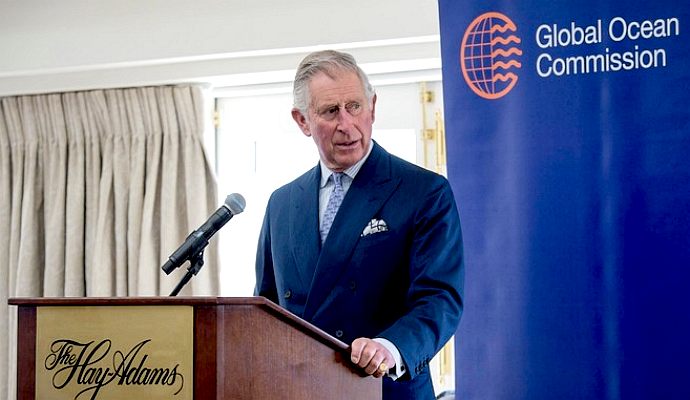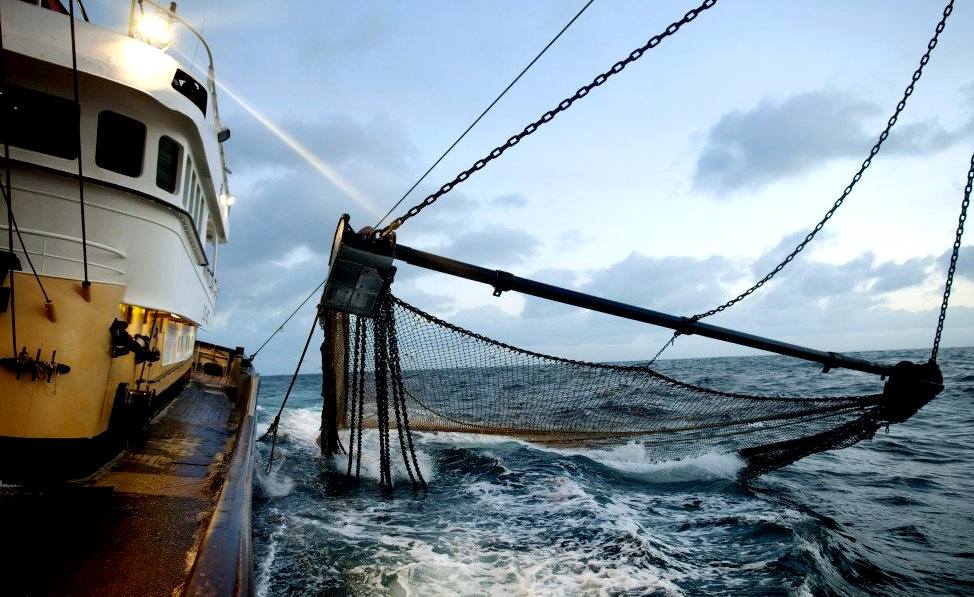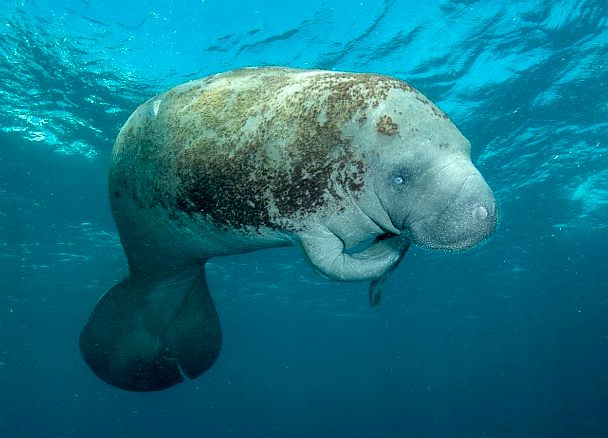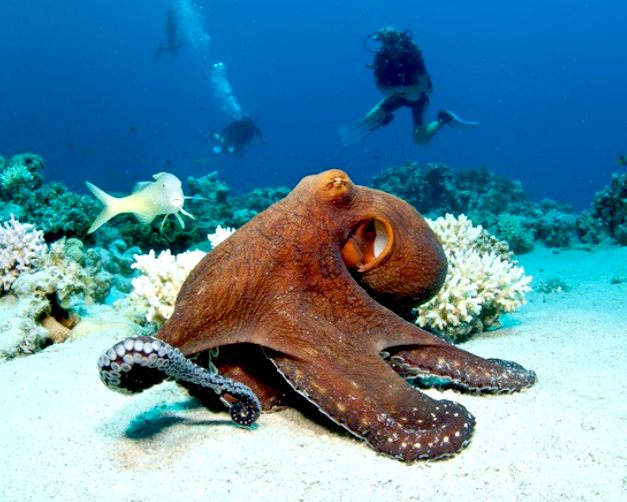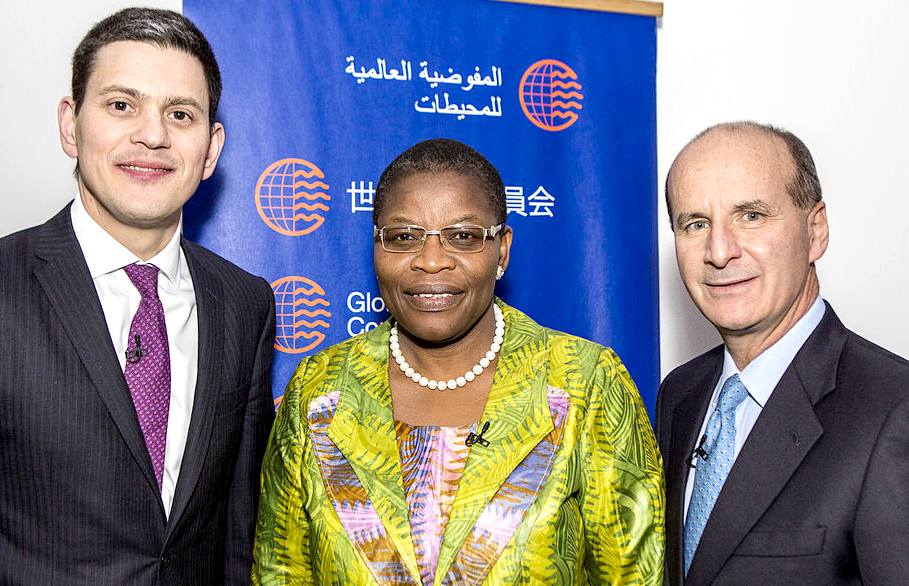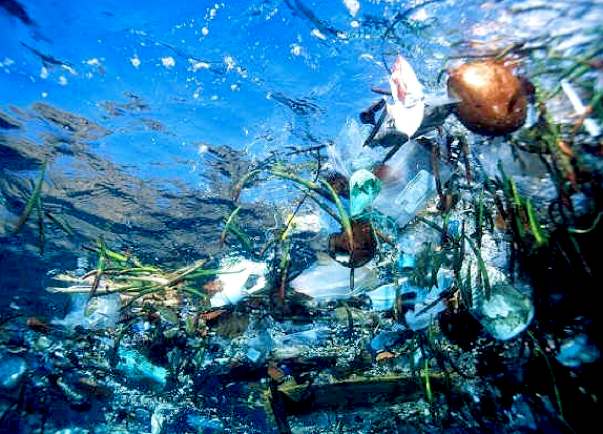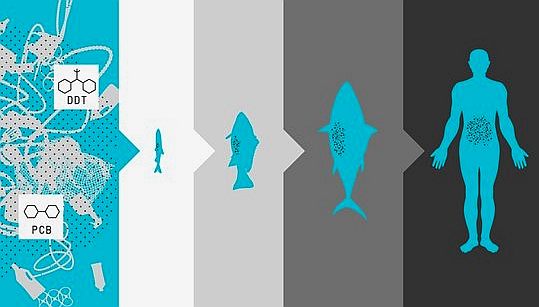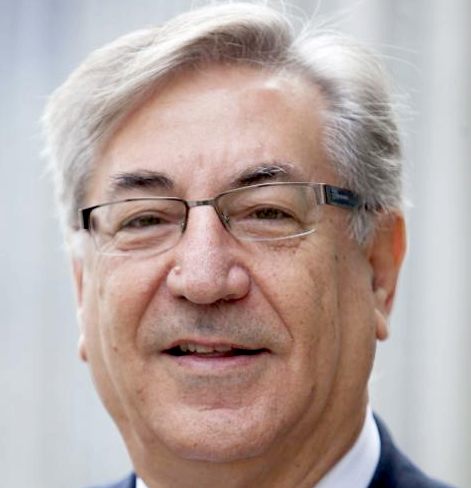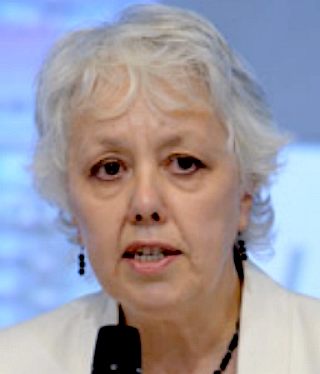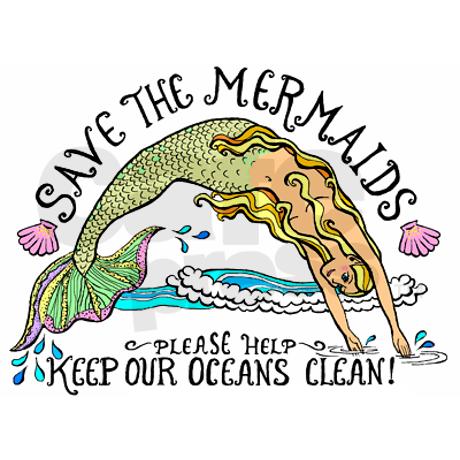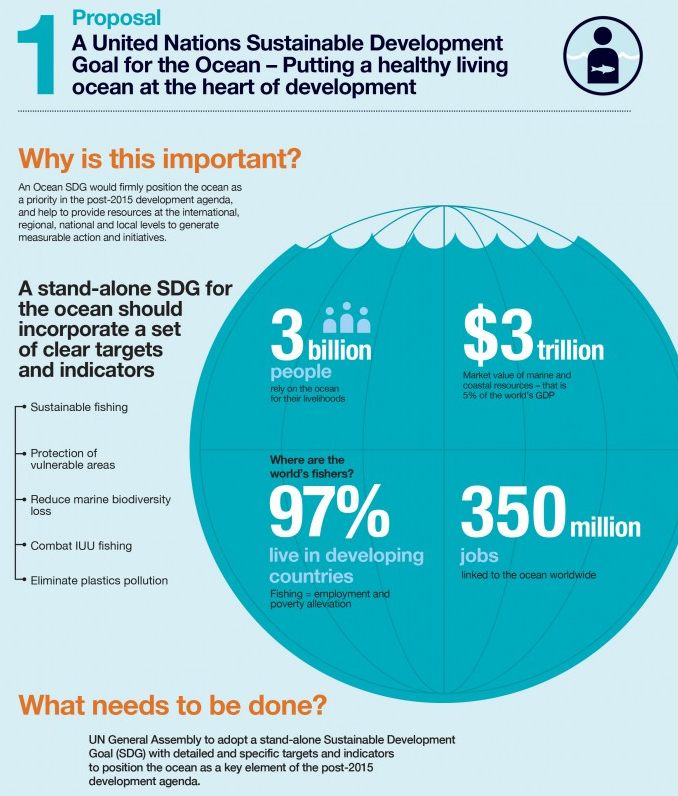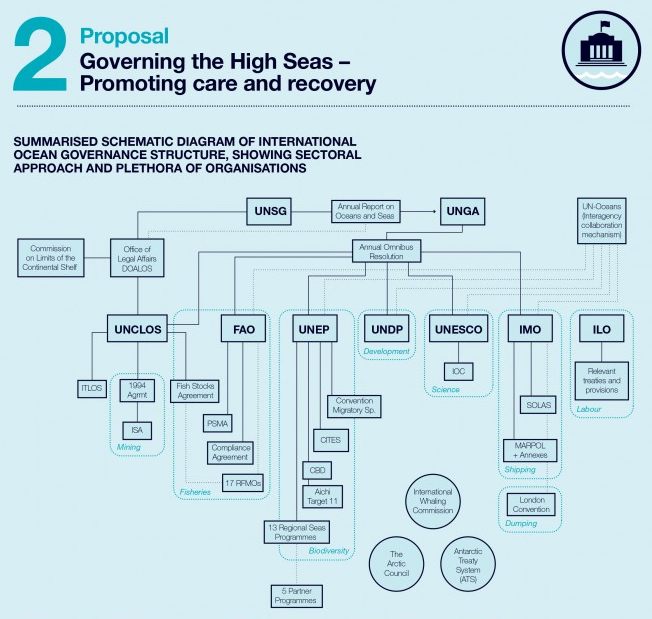|
THE OCEAN FOUNDATION
|
||
|
HUMPBACK
WHALE - Marine
life needs to be protected against ocean pollution. Ocean pollution
includes plastic, nets and oil spills. Technology with the potential to
alleviate such issues should be accelerated as a high priority.
The Ocean Foundation is a gathering place for marine conservation donors and conservation entrepreneurs to advance global ocean solutions. They work to provide financial resources to marine conservation initiatives by providing conservation grants, hosting projects and funds, and collaborating with important campaigns and opinion leaders.
Because
of the dynamic nature of marine business, including the many projects that
they host, the Ocean Foundation has a variety of powerful resources that
they can bring to any ocean conservation project. They have grantees,
partners and projects on all the world’s continents. The foundation's
Board of Directors is comprised of individuals with significant experience
in marine conservation philanthropy, complemented by an expert,
professional staff, and a growing international advisory board of
scientists, policy makers, educational specialists, and other top experts.
OCEAN
FOUNDATION FISCAL SPONSORSHIP
Even large, established organizations can benefit from working with a fiscal sponsor to improve their administrative efficiency and reduce overhead costs so more funds can be directed to accomplishing the organization’s mission.
WHAT
IS FISCAL SPONSORSHIP ?
OCEAN FOUNDATION CONTACTS
The Ocean Foundation
HRH the Prince of Wales speaking at a Global Ocean Commission event in Washington DC in March of 2015. The future King of England has consistently kept a weather eye open to help safeguard the marine environment.
OCEAN GOVERNANCE - BACKGROUND
FISH FOR FOOD - We take fish for granted, but our untidy habits are poisoning the high seas leading to an inevitable crash - when fish is no longer deemed safe to eat and we have overfished the oceans to extinction. To ensure fish stocks we need to eliminate plastic waste from the food chain before it's too late and curb pirate fishing.
BIODIVERSITY - Intelligent though some marine animals may be, they cannot speak and are not welcome at political rallies. It is thus up to humans to speak on their behalf. If they could speak to us they would tell us about the waste that is polluting their habitat. They'd also tell us about ocean acidification.
[LEFT] Manatees (family Trichechidae, genus Trichechus) are large, fully aquatic, mostly herbivorous marine mammals sometimes known as sea cows. There are three accepted living species of Trichechidae, representing three of the four living species in the order Sirenia: the Amazonian manatee (Trichechus inunguis), the West Indian manatee (Trichechus manatus), and the West African manatee (Trichechus senegalensis). They measure up to 13 feet (4.0 m) long, weigh as much as 1,300 pounds (590 kg), and have paddle-like flippers. The name manatí comes from the Taíno, a pre-Columbian people of the Caribbean, meaning "breast".
[RIGHT]
An octopus is a cephalopod mollusc of the order Octopoda. It has two eyes and four pairs of arms and, like other cephalopods, it is bilaterally symmetric. An octopus has a hard beak, with its mouth at the center point of the arms. An octopus has no internal or external skeleton (although some species have a vestigial remnant of a shell inside their mantles), allowing it to squeeze through tight places. Octopuses are among the most intelligent and behaviorally flexible of all invertebrates.
POLLUTION
AND OVER-FISHING LEGAL LOOPHOLES
THE UNITED NATIONS ENVIRONMENT ASSEMBLY and the GLOBAL OCEAN COMMISSION
UNEA is the highest-level UN body ever convened on the environment. It enjoys universal membership of all 193 UN member states as well as other stakeholder groups. With this wide reach into the legislative, financial and development arenas, the new body presents a ground-breaking platform for leadership on global environmental policy. The UNEA boasts over 1200 participants, 170 national delegations, and 80 ministers. With all this muscle, can we expect to see some positive action to clean up ocean plastic from local and international waters?
GLOBAL OCEAN COMMISSIONERS at the 2013 launch. From left: David Miliband, Obiageli 'Oby' Ezekwesili, Jose Maria Figueres
The Global Ocean Commission published its final recommendations in 2014, shortly before the United Nations General Assembly began discussions on protecting high seas biodiversity. The Commission’s report consisted of proposals to improve the system of ocean governance, thus ending high seas over-fishing, stopping the loss of habitat and biodiversity, and improving monitoring and compliance.
PLASTIC WASTE - Tons of plastic floating in our oceans is a serious problem we face on this globe, considered to be one of most serious threats to our oceans. 90% of all trash floating on the ocean’s surface is in the form of plastic materials, with 46,000 pieces of plastic per square mile. Plastic does not biodegrade, it photo-degrades with sunlight, breaking down into smaller and smaller pieces. These plastic pieces are eaten by marine life and eventually works it way up the food chain - as per the diagram below.
Plastic is also swept away by ocean currents, landing in swirling vortexes called ocean gyres. The North Pacific Gyre off the coast of California is home to the Great Pacific Garbage Patch, the largest ocean garbage site in the world. The floating mass of plastic is twice the size of Texas. These floating garbage sites are impossible to fully clean up. Over 100,000 marine mammals and one million seabirds die each year from ingesting or becoming entangled in plastic. Plastic poses a significant threat to the health of sea creatures, both big and small. It takes 500-1000 years for plastic to degrade, threatening both human and ocean health.
EUROPEAN COMMISSIONER FOR ENVIRONMENT, FISHERIES & MARITIME AFFAIRS
The Commissioner for Maritime affairs and Fisheries is a member of the European Commission. The portfolio includes policies such as the Common Fisheries Policy, which is largely a competence of the European Union, not the members. The Union has 66,000 km of coastline and the largest Exclusive Economic Zone in the world, covering 25 million km². They participate in meetings of the Agriculture and Fisheries Council (Agrifish) configuration of the Council of the European Union. Their governance is thus a model for the world and should send a signal to other fishing nations as to important issues and remedies. Actions speak louder than words.
The Directorate-General for Maritime Affairs and Fisheries (also known in short as DG MARE) is the Commission department responsible for the implementation of the Common Fisheries policy and of the Integrated Maritime Policy. DG MARE reports to Karmenu Vella (left), Commissioner for Environment, Maritime Affairs and Fisheries. Lowri Evans has been Director-General in DG Maritime Affairs and Fisheries since 2010. Prior to that she has worked in several policy areas in the European Commission notably Competition and Employment.
LINKS
Telegraph US-royal-tour-Prince-of-Wales-makes-plea-for-cleaner-oceans Prince-of-Wales-speech-hrh-the-prince-of-wales-event-titled-plastic-the-marine-environment-scaling Daily Mail Charles-horrified-toll-plastic-dumped-sea-Prince-Wales-plea-solve-issue-sake-future-generations The Guardian environment 2015 March 19 Prince-charles-calls-for-end-to-dumping-of-plastic-in-worlds-oceans http://abcnews.go.com/US/wireStory/prince-charles-speaks-dangers-plastic-waste-oceans-29736519 Time environment-prince-charles-oceans National Geographic Prince Charles oceans trash plastic britain Wikipedia Global_Ocean_Commission ITV 2015-03-18 prince-charles-makes-impassioned-plea-for-oceans-clean-up The-terramar-project-become-a-citizen-and-protector-of-the-high-seas National Geographic news 2014 June Global-ocean-commission-report-high-seas-fishing-environment Virgin leadership and advocacy introducing global ocean commission The terramar project daily catch become a citizen and protector of the high seas Wikipedia European_Commissioner_for_Maritime_Affairs_and_Fisheries UNEP newscentre June 2014 Prince Albert II Monaco calls for ocean governance https://uk.linkedin.com/company/the-ocean-foundation https://twitter.com/oceanfdn https://www.facebook.com/OceanFdn http://www.unep.org/oceans40 http://oceanfdn.org/ http://highseasalliance.org/ https://twitter.com/highseasallianc http://sd.iisd.org/events/high-seas-alliance-towards-an-agreement-for-protecting-the-high-seas/ http://www.unep.org/newscentre/Default.aspx?DocumentID=2791&ArticleID=10916&l=en http://en.wikipedia.org/wiki/European_Commissioner_for_Maritime_Affairs_and_Fisheries http://www.virgin.com/unite/leadership-and-advocacy/introducing-global-ocean-commission http://www.scienceifl.com/ocean-plastic-pollution.htm http://abcnews.go.com/US/wireStory/prince-charles-speaks-dangers-plastic-waste-oceans-29736519 http://www.globaloceancommission.org/ http://time.com/3750375/environment-prince-charles-oceans/ http://news.nationalgeographic.com/2015/03/150318-prince-charles-oceans-trash-plastic-britain/ http://en.wikipedia.org/wiki/Global_Ocean_Commission http://www.itv.com/news/2015-03-18/prince-charles-makes-impassioned-plea-for-oceans-clean-up/
ACIDIFICATION - ADRIATIC - ARCTIC - ATLANTIC - BALTIC - BERING - CARIBBEAN - CORAL - EAST CHINA ENGLISH CH - GOC - GULF MEXICO - INDIAN - IRC - MEDITERRANEAN - NORTH SEA - PACIFIC - PERSIAN GULF - SEA JAPAN STH
CHINA - PLASTIC
- PLANKTON - PLASTIC
OCEANS - SEA
LEVEL RISE - UNCLOS
- UNEP
WOC
- WWF
|
||
|
This website is Copyright © 2015 Bluebird Marine Systems Ltd. The names Bluebird™, Bluefish™, SeaNet™, SeaVax™ and the blue bird and fish in flight logos are trademarks. CONTACTS The color blue is a protected feature of the trademarks.
|
